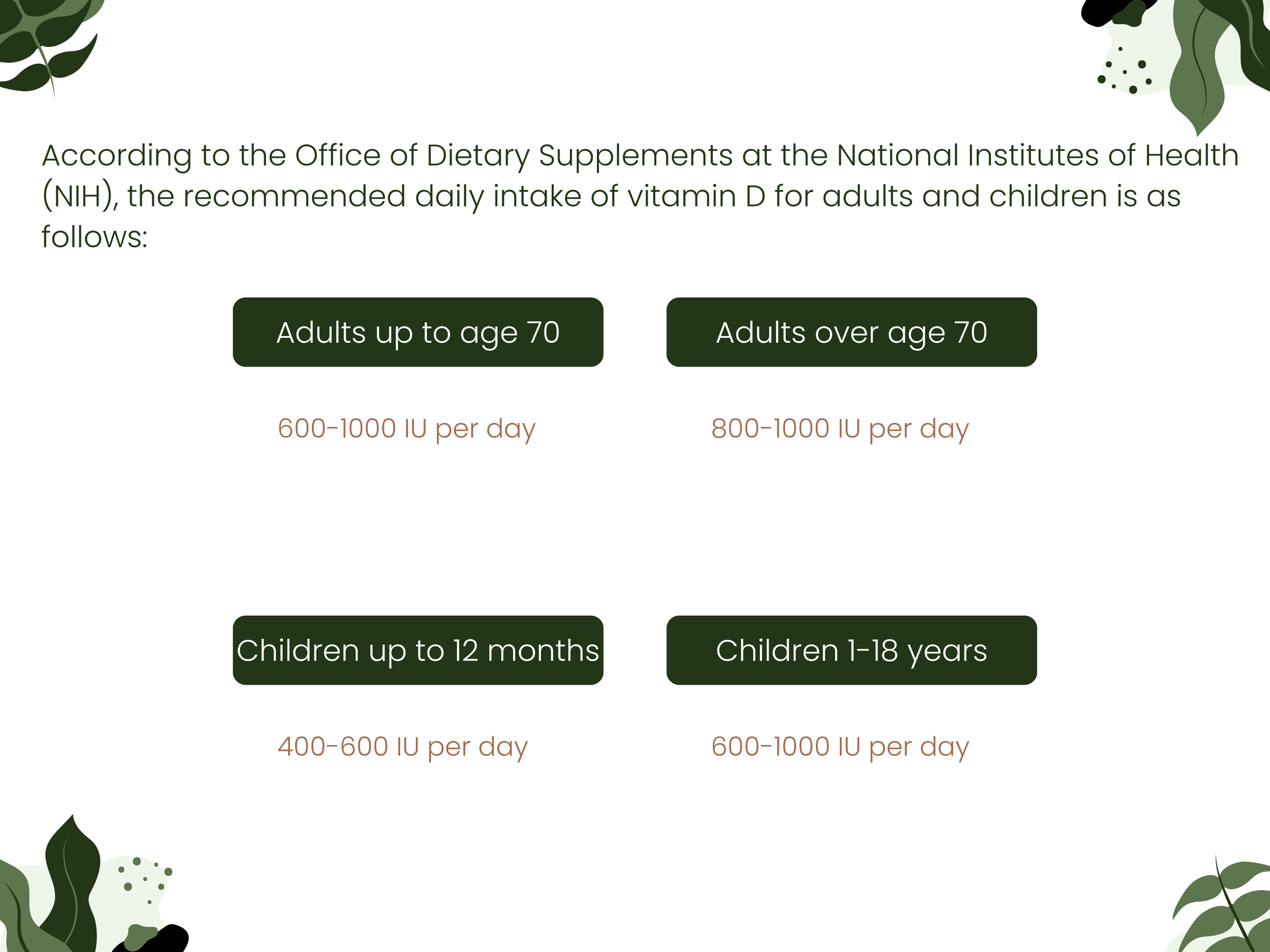The Benefits and Importance of Daily Sun Exposure
Sun exposure is really important because it helps our bodies make vitamin D. Vitamin D is important for healthy bones and teeth. It also helps our bodies use calcium, which helps make our bones strong. Vitamin D can also help boost our immune system, regulate insulin, and protect us from diseases like cancer and heart disease.
Getting enough sun every day is good for your health and well-being as a whole. When the skin is exposed to ultraviolet B (UVB) rays from the sun, the body makes vitamin D on its own. How much vitamin D is made depends on a number of things, such as the time of day, the latitude, and skin pigmentation.
How much sun exposure should you get?
Most experts say that people should spend at least 15 minutes in the sun every day on their faces, arms, and legs. You can do this by spending time outside, like by going for a walk or doing other activities outside. It's important not to get a sunburn, because too much sun can damage the skin and you may be at risk of skin cancer
When is the best time to get sun?
Getting sun exposure first thing in the morning has several potential benefits.
One benefit is that it can help regulate the circadian rhythm, which is the body's natural sleep-wake cycle. Light affects how much of the hormone melatonin the body makes. Melatonin helps control sleep and is made when there is light. Exposure to sunlight in the morning can help stop the production of melatonin and boost the production of other hormones, like serotonin, which can help improve mood and energy levels.
Another good thing about getting some morning sun is that it can help the body make more vitamin D. As we've already said when the skin is exposed to ultraviolet B (UVB) rays from the sun, the body makes vitamin D. How much vitamin D is made depends on many things, such as the time of day and the location.
UVB rays are strongest between 10 a.m. and 4 p.m., and as the sun gets lower in the sky, the body's ability to make vitamin D decreases. So, getting some sun first thing in the morning, when the sun is higher in the sky and the UVB rays are stronger, can help to raise the body's vitamin D levels.
It is important to find a balance between the need to get some sun and the need to keep the skin from getting too much sun and getting burned. Most experts say that people should spend at least 15 minutes in the sun every day on their faces, arms, and legs. When the UV index is high or when the skin will be in the sun for a long time, it is also important to use sun protection, like sunscreen.
A Note about Sunscreen
It's important to remember that not every sunscreen is the same. Some sunscreens have harmful chemicals in them that can hurt your skin and the environment.
Oxybenzone, octinoxate, and retinyl palmitate are all toxic ingredients that are often found in sunscreens. Oxybenzone and octinoxate can mess with the body's hormone system because they are endocrine disruptors. When used on skin that gets a lot of sun, retinyl palmitate has been shown to raise the risk of developing skin cancer.
Sunscreens with these toxic ingredients can hurt your skin and hurt the environment. Some sunscreens have chemicals in them that can bleach coral reefs and hurt marine life. This is bad for the health of our oceans and can have serious effects on our health as well.
It's important to choose sunscreens that are made with clean, non-toxic ingredients. Several companies make sunscreens that don't contain any harmful chemicals and are safe for both your skin and the environment. Often, zinc oxide and titanium dioxide, which are found in nature, are used as the active ingredients in these sunscreens.
Vitamin D Deficiency
People often don't get enough vitamin D and are at risk of vitamin D deficiency, especially in the winter when there is less sunlight. Vitamin D deficiency may be more likely in people who don't spend much time in the sun, like those who work indoors or live in the north. People with darker skin may also be more at risk because the pigment in their skin makes them make less vitamin D.
Having low vitamin D levels can be bad for your health. Research has shown that people who don't get enough vitamin D are more likely to get osteoporosis, a disease that makes bones weak and brittle. Osteoporosis is a common problem in older people, and it can lead to breaks in the hips, wrists, and spine, especially.
Some types of cancer, like breast, prostate, and colon cancer, may be more likely to happen if you don't get enough vitamin D. Low levels of vitamin D have also been linked to a higher risk of getting autoimmune diseases like multiple sclerosis and rheumatoid arthritis.
Vitamin D has also been linked to a higher risk of getting respiratory infections like colds and the flu. Vitamin D is a key player in helping the immune system.
Vitamin D Supplements
You can take vitamin D supplements to make sure your body gets enough of this important nutrient. Before starting a new supplement plan, it's important to talk to a doctor or nurse. But the best way source of Vitamin D is spending time in the sun.
What is the Recommended Daily Intake of Vitamin D?
It is important to note that these recommendations are for general populations and may not be appropriate for everyone. Some people may need more or less vitamin D depending on their age, weight, and other factors. Talking to a health care provider is always the best way to figure out optimal vitamin D levels for every individual.
Getting sun exposure on a daily basis is important for maintaining healthy bones and teeth, boosting the immune system, regulating insulin levels, and protecting against diseases such as cancer and heart disease. It is important to balance the need for sun exposure with the need to protect the skin from excessive sun exposure and sunburn. Vitamin D supplements may also be helpful for those who have limited sun exposure or are at a higher risk of deficiency.




